
The Design-Politics of Inhabited “World-Heritage” Sites
Please join us for a symposium presenting case studies from the Spring 2024 seminar, The Design-Politics of Inhabited “World-Heritage” Sites, supported by student travel grants from the Leventhal Center for Advanced Urbanism’s Charles Correa Fund for Housing and Urbanization. The symposium will highlight case studies that focus specifically on the ways that urban design politics infuse the urbanization of inhabited places that have been recognized by UNESCO as World Heritage sites in the Global South.

The Equitably Resilient City Book Launch
Book launch delivered at MIT for The Equitably Resiliant City.
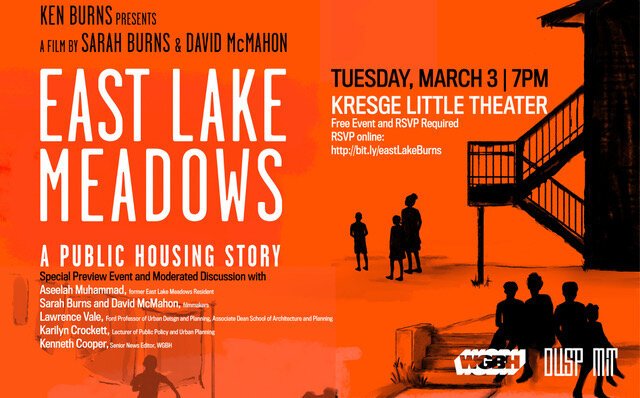
East Lake Meadows: A Public Housing Story
Lawrence Vale contributed (on-screen and off) to East Lake Meadows: A Public Housing Story, a new documentary presented by Ken Burns and directed by Sarah Burns and David McMahon.
East Lake Meadows portrays a public housing community on the eastern edge of Atlanta that opened in 1970 and was bulldozed in the late 90s after years of neglect by the federal government. Through the stories of former residents, the film brings to life the original community, celebrates its resiliency, examines the reasons why the housing became uninhabitable and asks who, historically, public housing was meant to serve.
East Lake Meadows: A Public Housing Story. Tuesday, March 03, 2020, 4:00 PM
Public MIT Event: Special preview and panel discussion with filmmakers, Sarah Burns and David McMahon, Lawrence Vale and Karilyn Crockett
East Lake Meadows: A Public Housing Story. Tuesday, March 03, 2020, 7:00 PM - 8:30 PM
The documentary aired on Public Broadcast Service (PBS).
Find a one-minute trailer for the film here.
Housing as Radical Climate Action, Spring 2020
During the spring 2020 term, RCHI co-sponsored a student-organized series of panels considering how affordable housing can be a central component of radical climate action. Links to the videos of the sessions are below.
Freedom to Live: The Green New Deal for Housing. February 10, 2020
Daniel Aldana Cohen (University of Pennsylvania)
Freedom from Fear: Organizing Against Displacement in Three U.S. Cities. March 3, 2020
Panel: Tara Raguveer (Kansas City Tenants, Homes Guarantee), Balakrishnan Rajgopal (MIT), Davida Finger (Loyola University, New Orleans), Alex Ponte-Capellan & Noel Sanders (City Life/Vida Urbana)
Freedom from Domination: Community Self-Governance in Times of Crisis: Care and Action. April 7, 2020
Panel: Lydia Lowe (Chinatown CLT, Boston), Monxo Lopez (Mott Haven-Port Morris Community Land Stewards, New York City), Penn Loh (Tufts University), Victoria Clark (Northcountry Cooperative Foundation, Minneapolis)
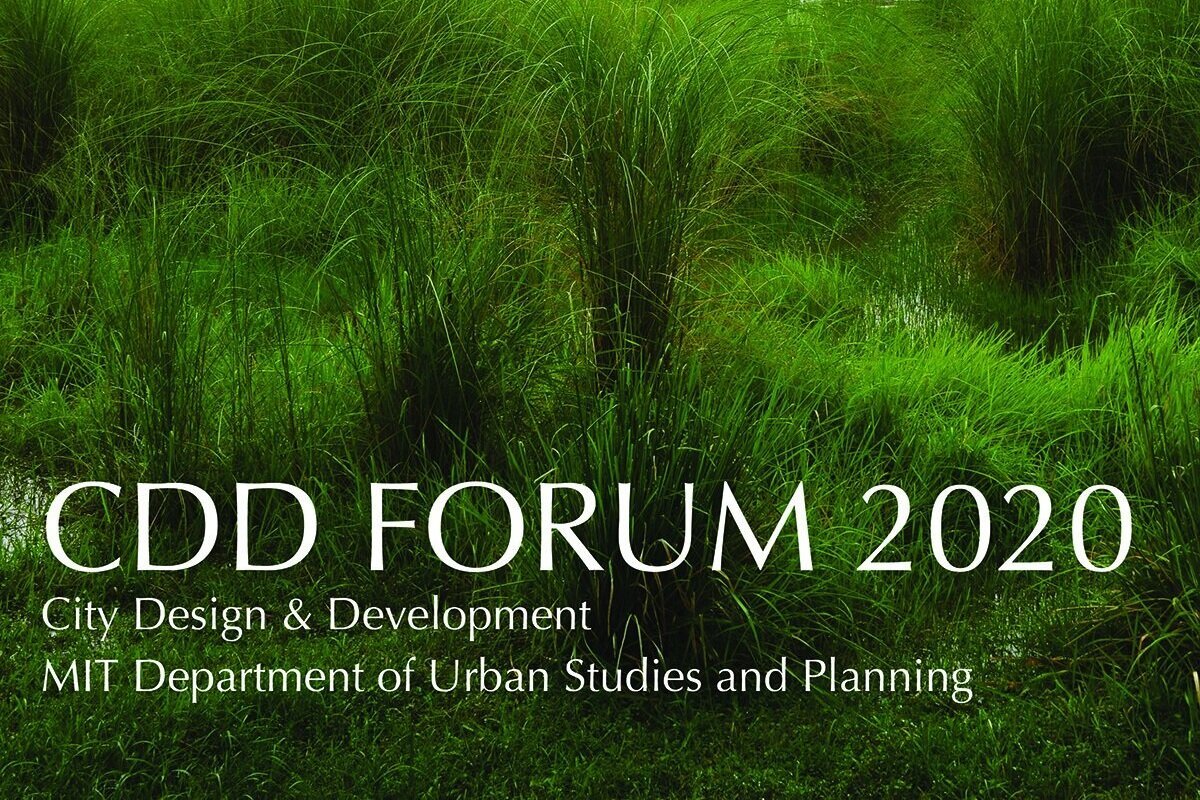
Climate ****** Design _ CDD Forum 2020
During the spring 2020 term, RCHI research affiliate Zachary Lamb organized a series of panels and lectures examining how design professionals are shaping responses to urban climate crises from a number of perspectives. Links to the videos from the series are below.
Climate *STATE* Design: February 10, 2020
Daniel Aldana Cohen (University of Pennsylvania)
Climate *INFRASTRUCTURE* Design: February 24, 2020
Matthijs Bouw, One Architecture + Urbanism.
Climate *BOSTON* Design: March 11, 2020
Virtual Panel: Joe Christo (Boston Planning and Development Authority), Matthew Littel (Utile), Ken Goulding (Sasaki), Marin Braco (Stoss), Dalia Munenzon (One Architecture + Urbanism).
Climate *PROPERTY* Design: April 1, 2020
Virtual Panel: Carles Baiges and Cristina Gamboa (Lacol), Michael LaFond (id22), Declan Keefe (Co-Everything)
Climate *PARTICIPATION* Design: April 15, 2020
Barbara Brown Wilson (University of Virginia)
April 22, 2020: Javier Vergara Petruscu (Ciudad Emergente)
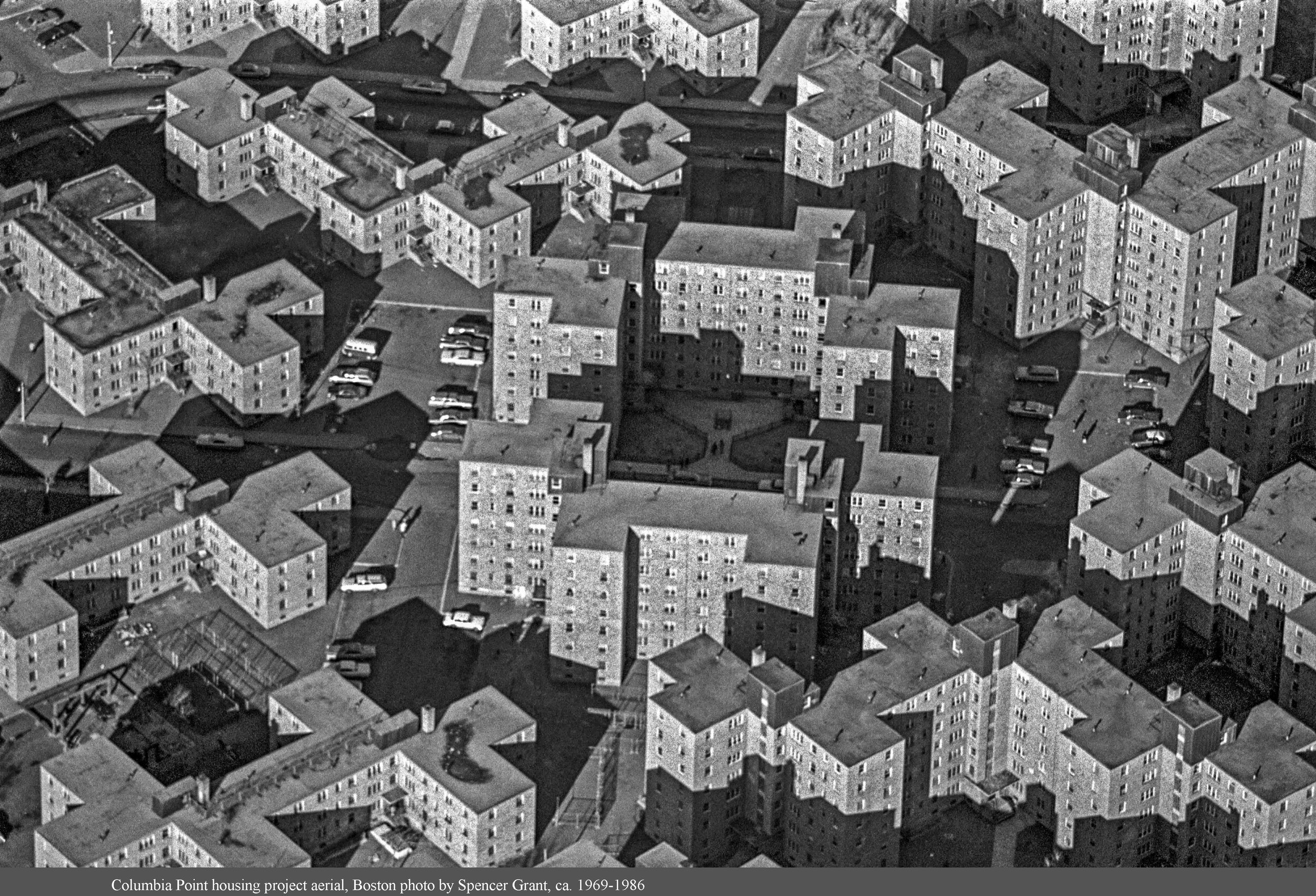
Housing as History Series
Lawrence Vale co-organized a four-part series on Housing as History at the Massachusetts Historical Society
Boston has been a national leader in efforts to bring much needed public and affordable housing to its residents. However, the city’s housing legacy is as complicated as it is innovative. This four-part series looked at the history of six housing sites across the city and examine the conditions for affordable and public housing today, highlighting the challenges—and opportunities—that lie ahead for Boston.
Housing as History Series:
Housing as History: Columbia Point and Commonwealth. October 02, 2019
Housing as History: Villa Victoria and the Fenway Community Development Corporation. October 16, 2019
Housing as History: the Dudley Street Neighborhood Initiative and Orchard Gardens. November 13, 2019
Housing as History: New Directions for Boston’s Subsidized Housing: Learning from the Past. November 20, 2019
Find more information and video recordings for each session here.
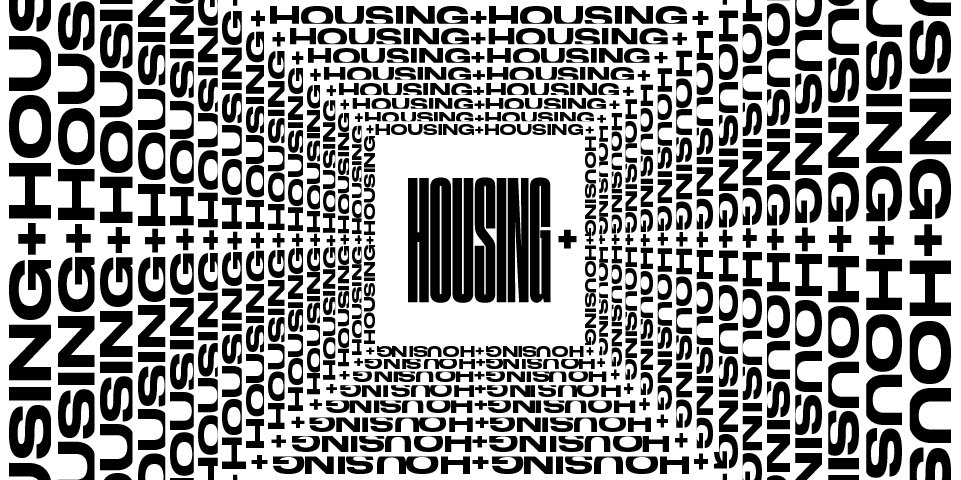
LCAU Housing + Conference
Join us May 3-4 at the MIT Media Lab for the LCAU Housing + [Conference]
RCHI’s Lawrence Vale will speak on a panel Thursday May 3, 2018 at 9:20 am, entitled “Housing + Community Building.”

Seeking Equitable Resilience for Boston and Beyond
RCHI invites you to join us at the Massachusetts Institute of Technology (Room 9-255) April 2,2018 for a presentation by Dr. S. Atyia Martin entitled "Seeking Equitable Resilience for Boston and Beyond."
Additional remarks will be made by RCHI Director Lawrence Vale, Ceasar McDowell, and Jonah Susskind.
Questions about this event? Contact dunnem@mit.edu to learn more
RSVP Here: https://bit.ly/2I06NnG
About Dr. S. Atyia Martin:
Dr. Martin is currently the CEO & Founder of All Aces, Inc. Additionally, she serves as a Distinguished Senior Fellow at Northeastern University's Global Resilience Institute. Dr. Martin was the first Chief Resilience Officer for the City of Boston as part of 100 Resilient Cities. She led the development and implementation of Boston's first resilience strategy which was the first one in the 100 Resilient Cities network to make racial equity, social justice, and social cohesion the foundation of building resilience across the city. She engaged over 11,000 people across government, community, businesses, and nonprofits to develop Resilient Boston: An Equitable, Connected City. Smart Cities magazine selected Resilient Boston as the best resilience strategy of 2017 and the Center for American Progress featured it in its report A Framework for Local Action on Climate Change.
Prior to her role as Chief Resilience Officer, Dr. Martin was the director of the Office of Public Health Preparedness at the Boston Public Health Commission (BPHC). In this role, she was responsible for coordinating public health, healthcare, and community health preparedness; emergency response and recovery coordination among the public health and healthcare system; oversight of the Stephen M. Lawlor Medical Intelligence Center to coordinate response and recovery efforts; and education and training through the DelValle Institute for Emergency Preparedness. She led the expansion of the DelValle Institute from the greater Boston area to the entire Commonwealth of Massachusetts. Additionally, she increased their reach and capacity by facilitating the development and implementation of a learning management system to support in-person training and expansion into online learning. During her tenure, she led the public health and healthcare response to the Boston Marathon bombings, the winter snow storms of 2015, trolley crashes, train crashes, the Long Island evacuation, and dozens of smaller scale emergencies.
About Lawrence Vale: Lawrence Vale is Ford Professor of Urban Design and Planning at MIT, where he served as Head of the Department of Urban Studies and Planning from 2002 until January 2009. He has taught in the MIT School of Architecture and Planning since 1988, and he is currently the director of the Resilient Cities Housing Initiative (RCHI), a unit of the School’s Center for Advanced Urbanism. He was president of the Society for American City and Regional Planning History for 2011-2013. Vale holds degrees from Amherst College (B.A. in American Studies, summa cum laude), M.I.T. (S.M.Arch.S.), and the University of Oxford (D.Phil.), which he attended as a Rhodes Scholar. He is the author or editor of ten books examining urban design, housing and planning.
About Ceasar McDowell: Professor of the Practice of Community Development, Ed.D. Harvard Ceasar L. McDowell holds an Ed.D. (88) and M.Ed. (84) from Harvard. Ceasar's current work is on the development of community knowledge systems and civic engagement. He is also expanding his critical moments reflection methodology to identify, share, and maintain grassroots knowledge. His research and teaching interests also include the use of mass media and technology in promoting democracy and community-building, the education of urban students, the development and use of empathy in community work, civil rights history, peacemaking, and conflict resolution. He is Director of the Global Civic Engagement Organization, Dropping Knowledge International, MIT's former Center for Reflective Community Practice (renamed Co-Lab), Co-founder of The Civil Rights Forum on Telecommunications Policy, and founding Board member of The Algebra Project.
About Jonah Susskind: Jonah Susskind is a lecturer at DUSP and a researcher at the Norman B. Leventhal Center for Advanced Urbanism. His research spans an array of issues including coastal resiliency, post-industrial urban decline, and the role of live matter within regional urban frameworks. Susskind holds a masters degree in landscape architecture from the Harvard Graduate School of Design where, in 2016, he was awarded a Penny White Prize to support his research on industrial urban timber management. His thesis project, Forward From Woodward: Planning New Growth Along the American Rust Belt received an ASLA Certificate of Honor and he is a contributing author to the book, Wood Urbanism: From Molecular to Territorial (forthcoming Actar, 2017).
Organized by the Resilient Cities Housing Initiative (RCHI) at MIT DUSP
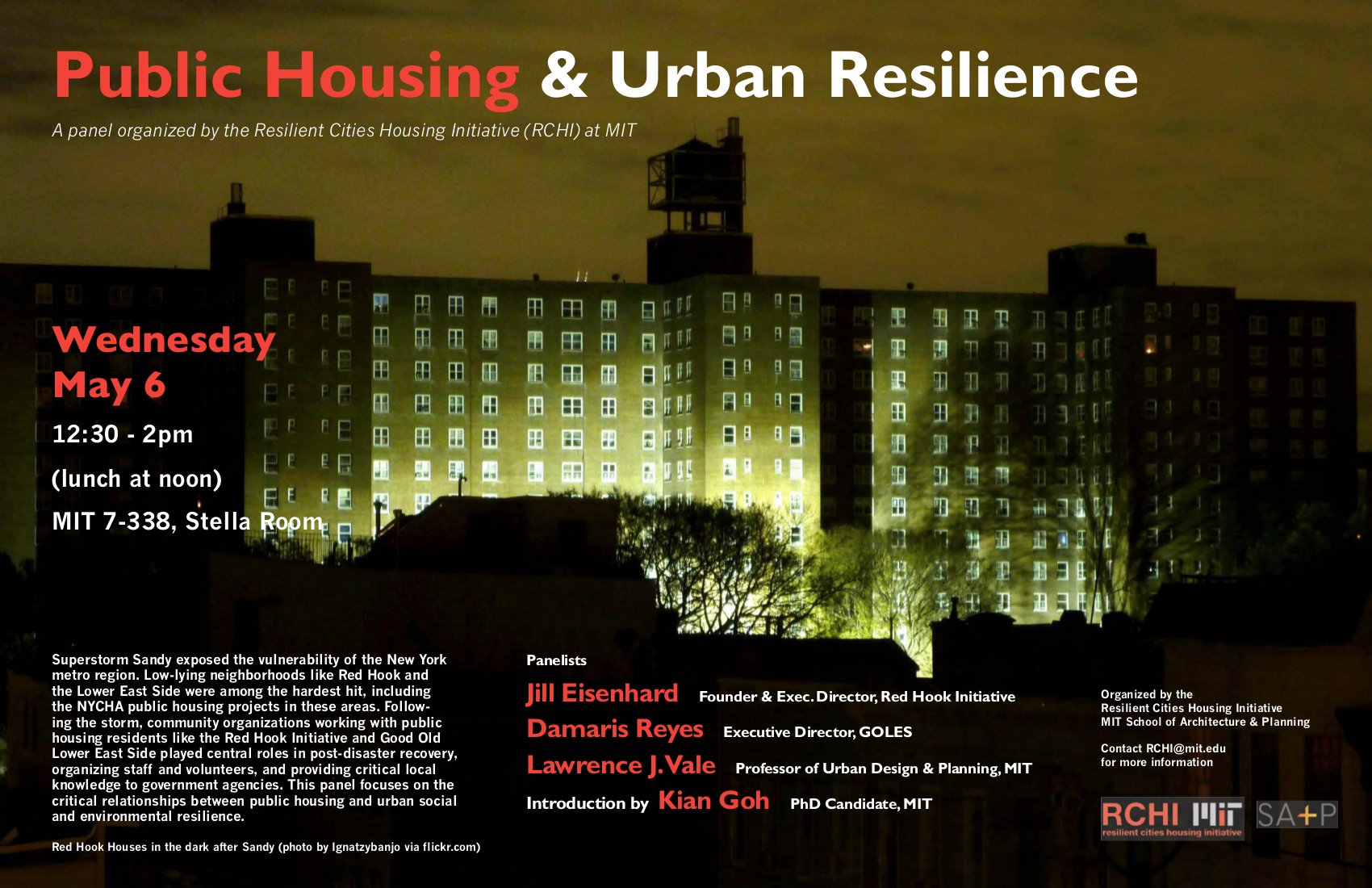
Public Housing and Urban Resilience
The destruction wrought by Superstorm Sandy exposed the vulnerability of the New York metropolitan region. While images of a darkened Lower Manhattan skyline and burnt out houses on the Rockaways captured media attention, low-lying, coastal neighborhoods like Red Hook in Brooklyn and the Lower East Side in Manhattan were among the hardest hit, including the many New York City Housing Authority (NYCHA) public housing projects that are sited in these areas. In the days following the storm, community organizations and housing advocates like the Red Hook Initiative and Good Old Lower East Side (GOLES) played central roles in post-disaster recovery, organizing staff and volunteers and providing critical local knowledge to government agencies. In mobilizing in the wake of disaster, these organizations called upon years of building community and fostering strong social ties, often in the face of systemic pressures like poverty, joblessness, over-policing, and the social and spatial marginalization endemic to public housing projects.
Following the storm, much has been said about the potential role of institutions like libraries and community centers in the wake of a disaster, acknowledging the links between social and environmental resilience. But how do urban planners understand the social relationships and community building that takes place in marginalized neighborhoods long before we arrive on the scene? This panel focuses on the critical relationships between public housing and urban social and environmental resilience. We will hear from community leaders at the center of on-the-ground grassroots recovery efforts during and after Sandy, who continue to push for attention to secure, affordable, sustainable housing in envisioning a more resilient future city.
Organized by the Resilient Cities Housing Initiative (RCHI) at MIT DUSP and co-sponsored by the Global Sustainability Working Group (GSWG) at MIT CIS
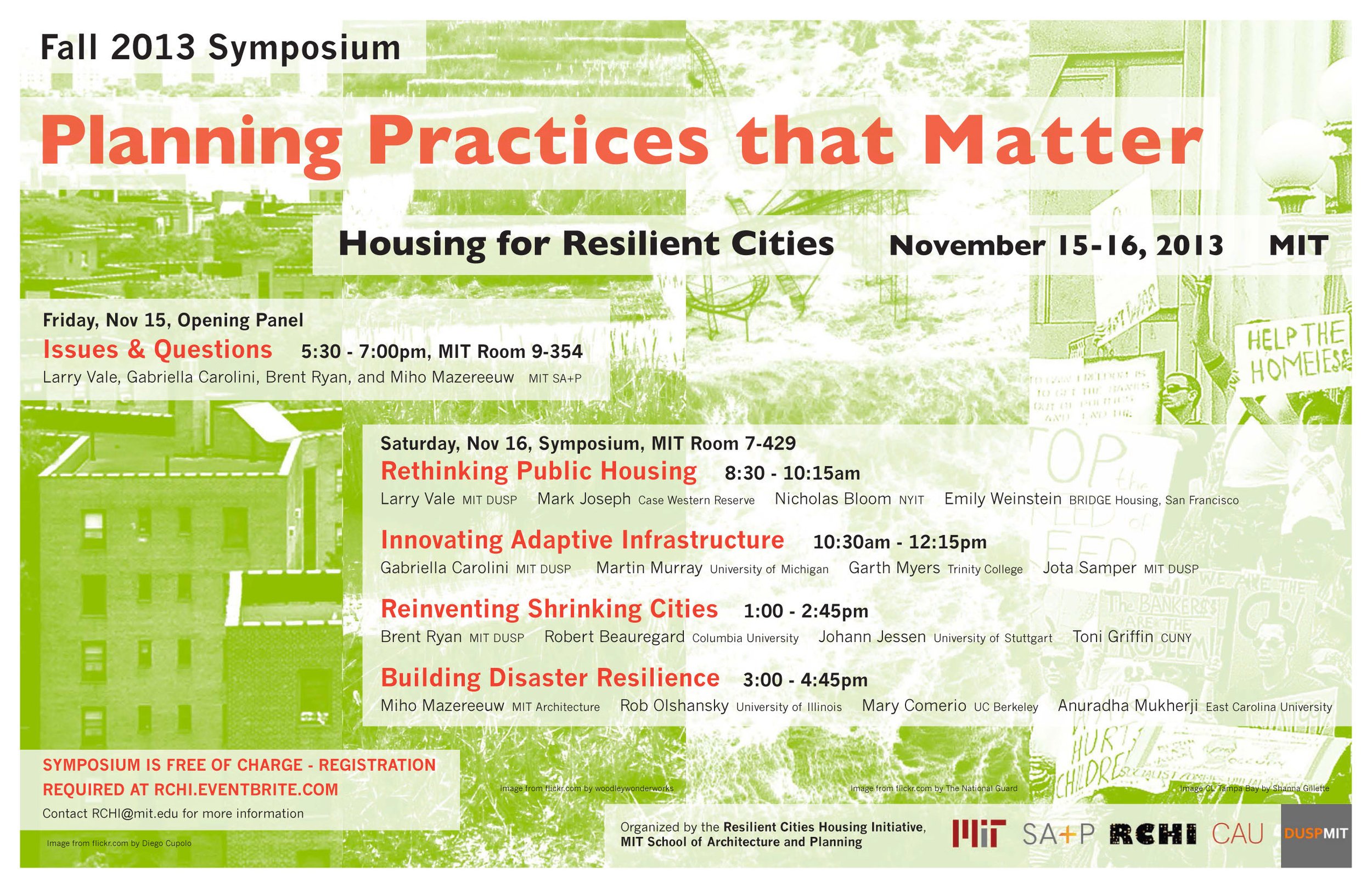
Planning Practices that Matter: Housing for Resilient Cities
The MIT Resilient Cities Housing Initiative (RCHI) convened its inaugural symposium in Fall 2013 to identify and highlight some of the most innovative examples of planning projects and policies that address urban housing problems. What kinds of transformations have effectively addressed the housing and housing-related needs of underserved low-income people in a safe, equitable, and sustainable manner? Housing, in this context, needs to be conceptualized as an important piece of what it takes to foster a resilient city. Housing by itself cannot be “resilient” unless it also helps residents cope with the simultaneous challenges of urban violence, dysfunctional governance, economic struggle, and a changing climate. The symposium grapples with the barriers to resilient housing by engaging in a multidisciplinary approach to evaluating “success.”
Panelists included Gabriella Carolini, Miho Mazereeuw, Brent D. Ryan, Shomon Shamsuddin, Lawrence Vale, Robert Beauregard, Nicholas Dagen Bloom, Mary Comerio, Toni L. Griffin, Johann Jessen, Mark Joseph, Anuradha Mukherji, Martin Murray, Garth Myers, Robert B. Olshansky, Jota (José) Samper, and Emily Weinstein.
